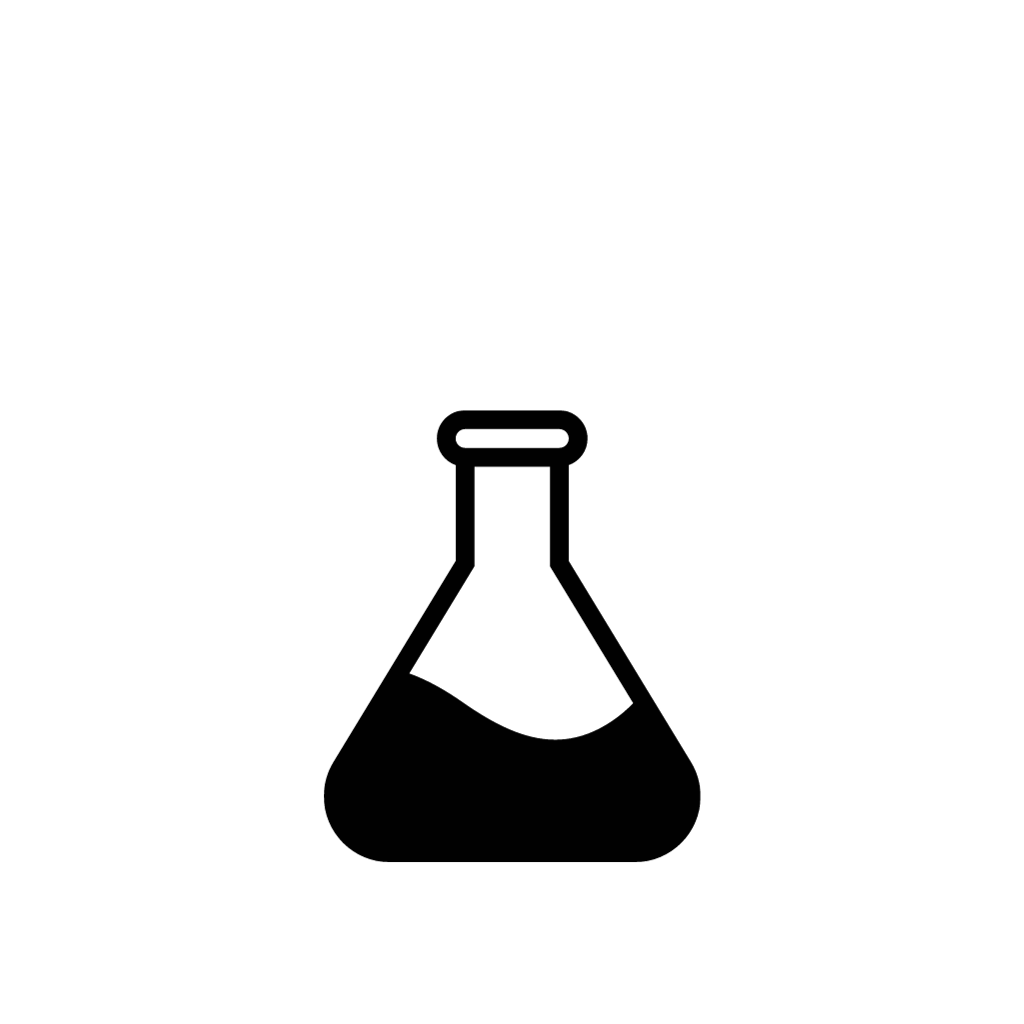Ashwaghanda: Backed By Science
We take a look at the scitific studies performed with various participants to study the effects of ashwaghanda against mood, sleep and muscle building
Study 1 - Anxiety & Mood
-

Study 1
Study type:
Pragmatic randomised controlled trial
Purpose:
To compare the effects of ashwagandha treatment with a standardised psychotherapy on employees with moderate to severe anxiety.
Method of evaluation:
Anxiety levels were assessed using a self-reported questionnaire which measured subjective symptoms of anxiety. Quality of life was also assessed using questionnaires which measured health-related quality of life, physical and mental fatigue, and qualitative patient experiences.
Dose:
600 mg/day of ashwagandha (2 x 300 mg) or placebo
Additional interventions:
In addition to the ashwagandha treatment, participants in the naturopathic care group received an adult multivitamin, lifestyle and nutritional counselling, and engaged in diaphragmatic deep breathing exercises during their treatment sessions.
Participants in the control group received 12 weeks of psychotherapy sessions targeting anxiety, consisting of patient-directed counselling and cognitive-behavioural therapy, along with placebo pills.
Participants:
75 male and female employees with moderate to severe anxiety
Duration:
12 weeks -

Column
References:The study found a significant association between naturopathic treatment, which included dietary changes and daily intake of 600 mg of ashwagandha, and a reduction in anxiety symptoms. Additionally, the researchers observed that the naturopathic group experienced better outcomes in terms of fatigue, motivation, concentration, and overall well-being compared to the psychotherapy group. Patient-centred assessments also revealed significant reductions in specific symptoms and improvements in mental health, vitality, social functioning, and general health in the naturopathic group


